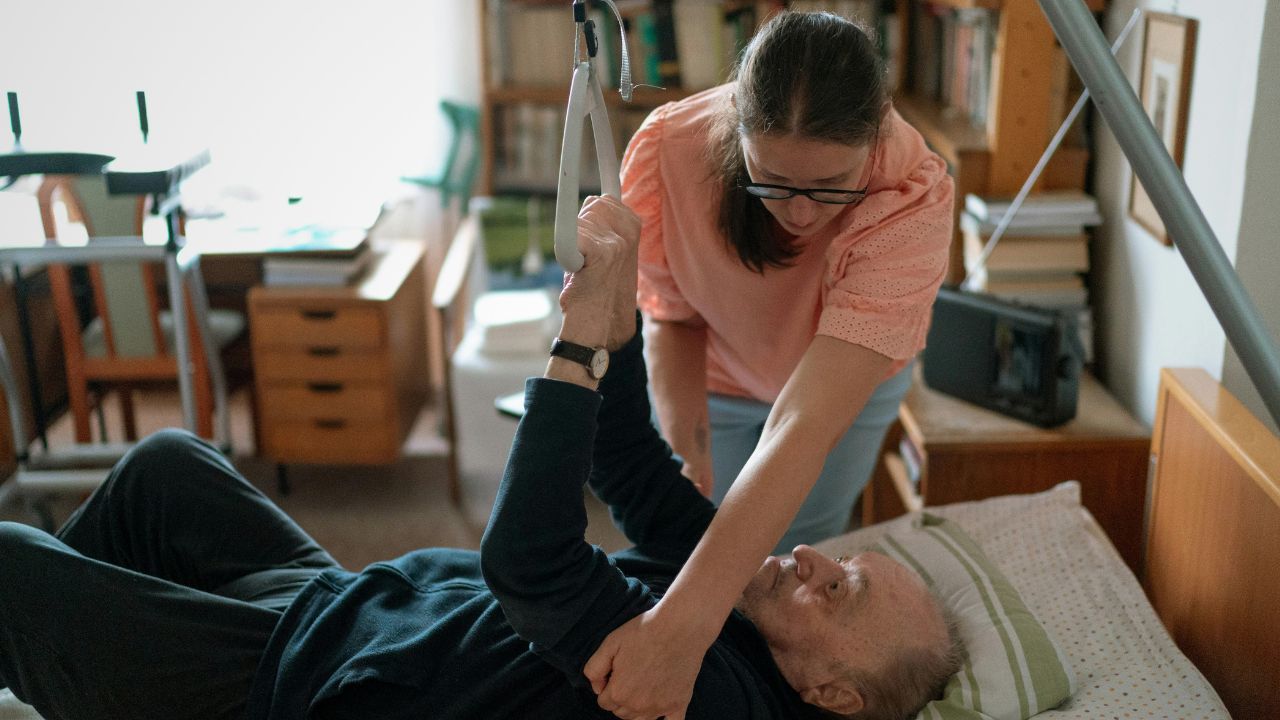Over the past 10 years, India has seen a huge growth in the home care sector. Demand for caregivers, nurses and other home based services has seen an exponential growth which can mainly be attributed to the demanding needs of the greying population.
Since most elders prefer to stay in their own homes and typically shift to a residential facility as a last resort, hence the need for home care workers has increased.
While demand for trained and professionally qualified manpower is on the rise however it has been seen that most home care workers are not properly trained in eldercare.
Caregiving work especially the job of bedside attendant is not a highly sought after career in India. The perception of low dignity of work is one of the main reasons due to which educated caregiver are difficult to find. At the country level most paid care workers have not even finished school and are not professionally trained or qualified to care for older people.
The moment we hire a caregiver or a home-based support provider we are entrusting our health and well-being in the hands of a third party. Most families depend upon agencies to provide caregivers without really being aware of the skill sets hence the caregiver are rarely questioned.
Since most families hire caregiver who are not equipped to handle emergencies and/or any situation which requires a deeper understanding of elderly care, hence it is important that national level standards, guidelines and training should be developed inorder to facilitate the growth of the sector.
Resource document “A guide to working safely in people’s homes”, State of Queensland, provides practical advice to health and community service organisations about how to manage work health and safety for community workers working in people’s homes.
The guide outlines many common hazards found in the community services sector, primarily in the home environment, and provides solutions based on the principles of risk management.
It is important for all relevant parties, including clients and primary carers, to work together to identify work health and safety risks and the best ways to manage them.
Though many private companies are offering professional care services for elderly care unfortunately they are mainly concentrated in urban areas. India needs a system which can deliver affordable care services across the country which includes semi-rural and rural areas also.
The Australian Government does not endorse or recommends the website Elderly Care India.
The document Home Care Workers – Safety Guidelines can be downloaded here or can be accessed below
